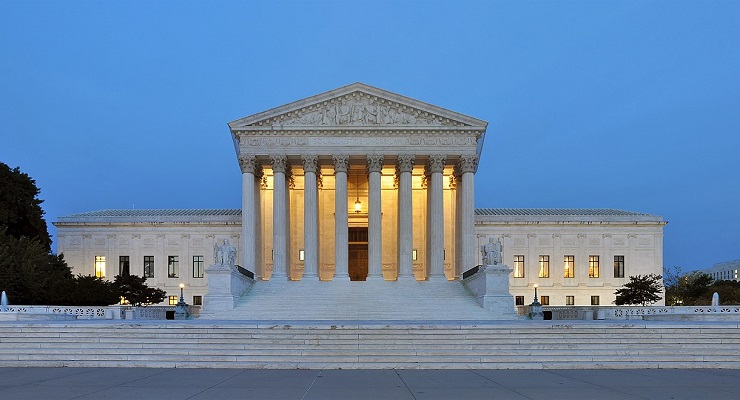
This must read by David H. Gans is published in The Atlantic. Here is an excerpt:
At the center of any democracy is the right to vote. If people cannot vote, then they have no say in the laws that govern them and cannot be truly free and equal citizens. But the right to vote is not a machine that runs by itself; it is dependent on the work of laws and institutions. And in America, conservatives have turned those laws and institutions against that right, seeking to reverse hard-fought gains that have helped make the constitutional promise of democracy a reality for all citizens. With a new voting-rights case before the Supreme Court, the situation might be about to get much, much worse.
This attack won its most important victory in Shelby County v. Holder, when the Court dealt a severe blow to the Constitution’s multiracial democracy. In that case, the Court struck down one of the most important parts of the Voting Rights Act, the crown jewel of the civil-rights movement, ignoring that the Fifteenth Amendment grants Congress broad power to ensure that the right to vote is equally enjoyed by all citizens regardless of race.
Now, in Brnovich v. DNC, a challenge to two Arizona voting regulations, the Court might be about to gut what remains of the Voting Rights Act. The conservative legal movement is hoping that the Court will announce a broad ruling that Section 2—the act’s nationwide ban on practices that result in racial inequality in the American electoral system—is constitutionally dubious and should be radically rewritten. The Court might not go this far, but it is still likely to take a page from Chief Justice John Roberts’s career-long advocacy against the act and insist, as he did during his stint in the Reagan administration, that violations of Section 2 “should not be made too easy to prove, since they provide a basis for the most intrusive interference by federal courts into state and local processes.” Even short of a major constitutional ruling, however, the Court is likely to open the door to the kind of voter-suppression measures—such as efforts to curtail early voting and place limits on voting by mail—that are currently gaining support in state legislatures in response to the electoral successes that voters of color helped produce in 2020.
Read the full article here.
Leave a Reply